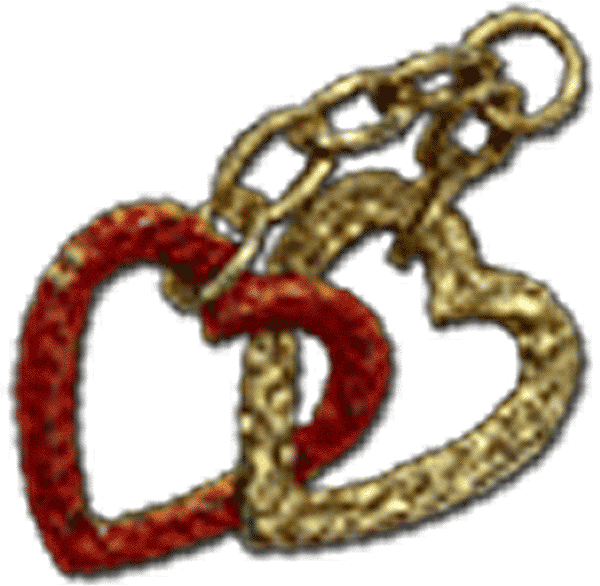What Is Addiction?
Addiction is a disease that requires ongoing medical and mental health care. Addiction is an uncontrollable urge or compulsion to use alcohol, substances, or engage in unhealthy activities, despite the potential harm they may cause. Addiction is a chronic disease that can affect anyone. About 20 million people in the United States have an alcohol and/or substance use disorder, and addiction to substances that increase dopamine levels in the brain. Some of these include opioids, marijuana, cocaine, and nicotine. Though alcohol and substance use disorder are common, there are also process addictions, known as behavioral addictions, such as:
- Gambling
- Sex
- Exercise
- Eating
- Shoplifting
- Video gaming
We specialize in addiction therapy for both substance use disorders and process addictions.
What are the symptoms of addiction?
The symptoms of addiction can manifest in diverse ways, and its impact can be both visible and hidden. Some individuals conceal their struggles, while others endure severe symptoms that profoundly affect their lives.
These symptoms may include:
- An overwhelming, uncontrollable urge to engage in harmful activities or use mind altering substances
- An all-consuming preoccupation with the drug or activity, occupying the mind relentlessly
- A loss of control over the negative behaviors, and the inability to halt them
- An increasing need to consume more and more to achieve the desired euphoria
- Withdrawing from loved ones and social connections due to the addiction
- Experiencing physical or mental health issues as a consequence of the addictive behavior
- Facing financial hardships due to the demands of the addiction
Recognizing and admitting one’s addiction is the first step towards healing. Denial and minimization are the most frequent roadblocks that keep people from getting help. If you are feeling powerless, this is the perfect time to reach out and move towards the life you were born to live.
What are the treatments for addiction?
There are several treatments available for addiction, and your treatment may depend on your specific dependence. If you have an alcohol and/or substance use disorder, you may benefit from detoxification to assist with withdrawal symptoms. Additional treatments may include medications to ease compulsions, urges, and underlying mental health problems related to your addiction, such as depression or anxiety. This is evaluated on a case-by-case basis.
Therapy is one of the most critical pieces of addiction treatment. We are experts in addiction therapy. Through our MDRT model of therapy we can provide the support and tools you need to understand your addiction, gain a new perspective, and develop healthy behaviors.
What can I expect from MDRT addiction therapy?
Admitting that you need help and have been unable to address your addiction on your own is the most important first step in overcoming a substance use disorder. When you reach out to us, you can expect patient-centered and compassionate care, when you come in for your first session. During that time, we will ask you relevant questions and listen attentively to your story. We will talk to you about your addiction and make recommendations about the needed areas of focus. We will then work with you to develop a treatment plan. We take an individualized approach to addiction therapy, customizing care that best meets your needs. During our first session, we will discuss whether medication and other kinds of medical care may be needed.
As trauma is commonly linked to both alcohol and substance use, as well as other kinds of addictions, via our MDRT model of therapy, we use trauma-informed care to increase feelings of safety, and decrease potential triggers that may be related to the trauma. We use a multi-method approach to treatment of substance use symptoms, where we draw from Cognitive-Behavioral Therapy (CBT) as well as other modalities including Gestalt, psychodynamic, and hypnosis, plus spirituality to help you both overcome your symptoms, as well as treat the underlying causative dynamics.
Treatment for all addictions begin with a detailed interview process where we identify the symptoms and any related mental health concerns. This is where we discuss your life’s story, which helps us understand you on a deeper level. Your treatment will be informed by your goals and desires for healing.
MDRT Model of Therapy will help you learn how to:
- Construct goals in your recovery process
- Learn skills to help to become aware and to decrease your addictive patterns.
- Cope with any symptoms that may occur when substance use is decreased
- Improve your functionality across the domains of your life
- Connect with a support system to aid in your recovery
- Understand the different functions of your ego and spirit, and utilize that understanding in your personal journey of growth.
We believe that you have the power to make real changes to your life. You do not have to let an addiction dictate how you are living your life.
References
Hides, L., Samet, S., & Lubman, D. I. (2010). Cognitive behaviour therapy (CBT) for the treatment of co-occurring depression and substance use: Current evidence and directions for future research. Drug & Alcohol Review, 29, 508-517.
